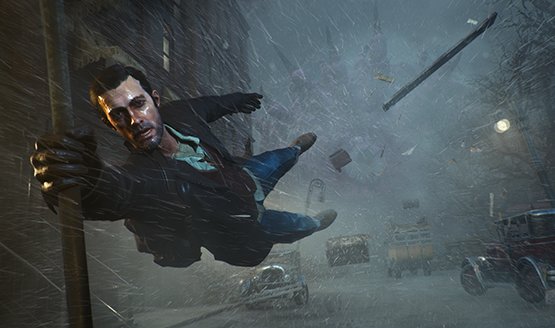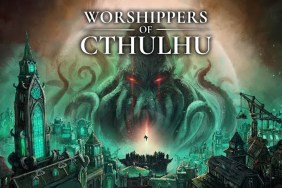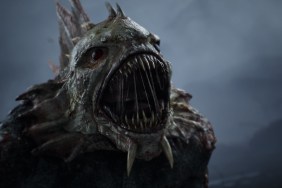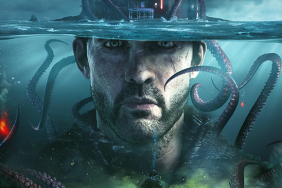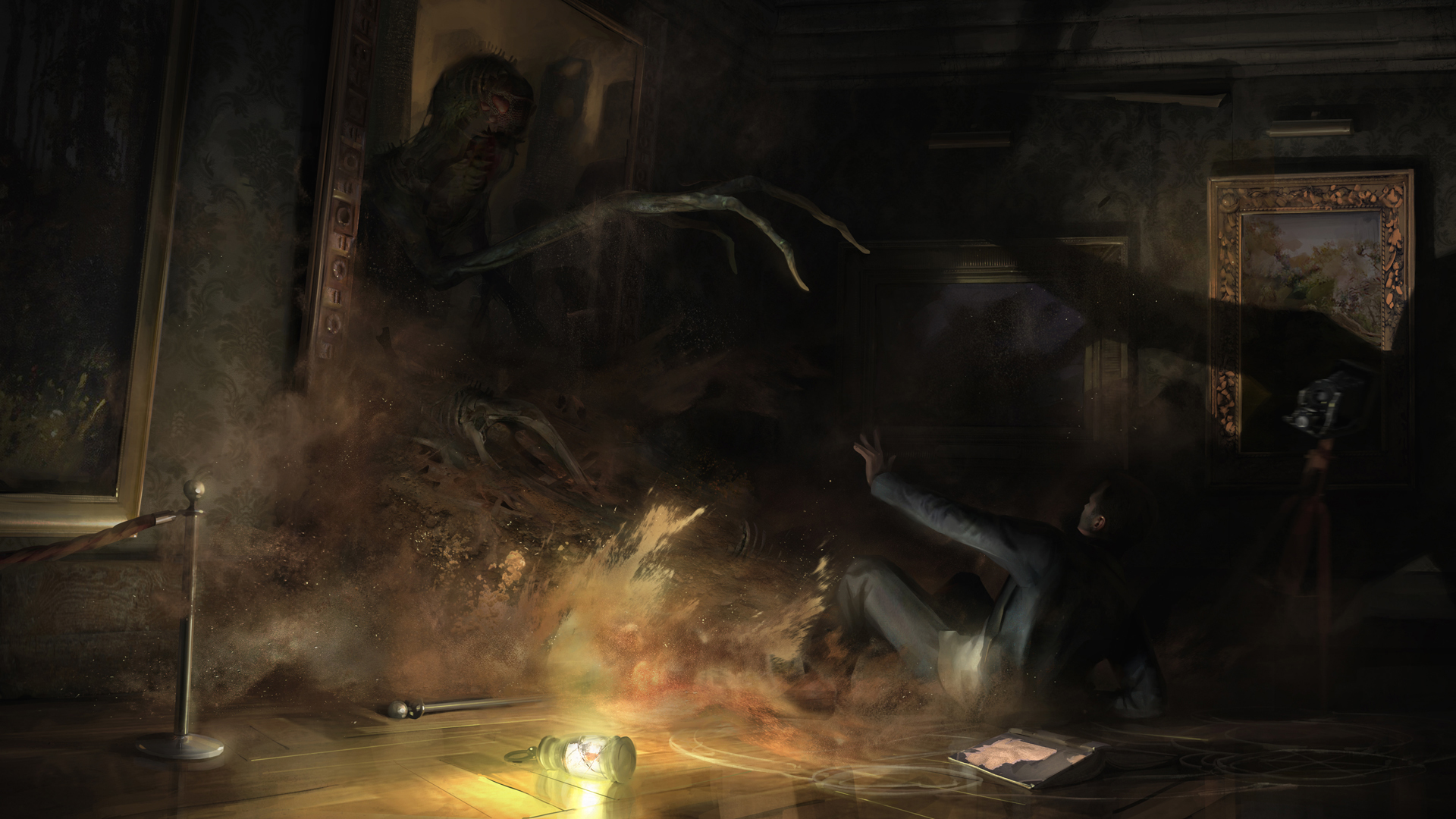
Frogwares’ upcoming The Sinking City looks like it’s set to become the best Lovecraftian game in years if all goes according to plan. If you haven’t checked out our Call of Cthulhu review yet, you can read that first and come back to this, as this article will consider parallels with that game. Call of Cthulhu wasn’t bad by any means, but I don’t believe that it was great, either. As far as Lovecraftian games go, Call of Cthulhu amassed tons of jaded tropes and attempted to reappropriate them, which worked in some cases, but definitely didn’t in others. It was okay, but The Sinking City has the potential to be great.
For this article, I’m drawing on Chandler’s interview with Frogwares on The Sinking City and breaking down some of the things that they said that make me feel as if this genuinely will be a spectacular game. For example, I took issue with how utterly dependent Call of Cthulhu was on Lovecraft—it retained the “Lovecraft” part of that complex compound word “Lovecraftian,” but the best Lovecraftian works are the ones that play around with the space afforded to them by that little “-ian” suffix. There’s no reason to directly adapt Lovecraft into a video game unless it’s emphatically a direct adaptation. Go the whole hog, or write your own story that’s influenced by Lovecraft; don’t rewrite half of one, as that won’t be appreciated by Lovecraft fans, and won’t be particularly accessible to people who haven’t read any Lovecraft.
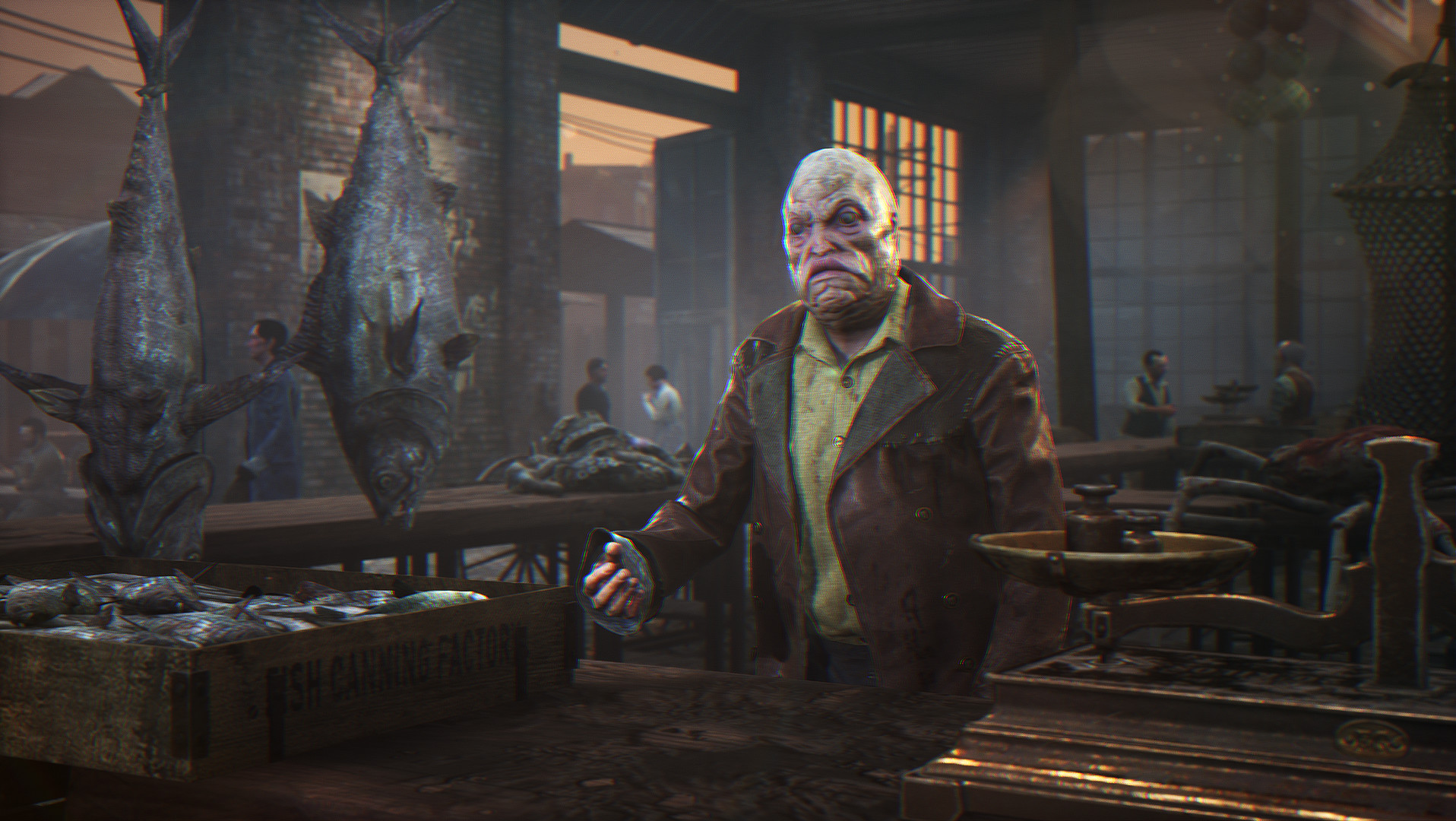
Frogwares directly addressed this in their interview with Chandler. They said, “We decided we’d rather pull heavily from the Lovecraft themes and multiple stories, instead of focus on any one particular piece of his work.” This sentence alone proves that they’re on the right track. Instead of using Lovecraft’s work as a crutch, Frogwares is using it as a means to tell their own story. Lovecraft, although very problematic in some horrifying ways, contributed a huge amount to the formation of the horror genre as we know it. Even authors as profoundly influential as Stephen King have attributed their flair for horror to H.P. Lovecraft’s iconic oeuvre. However, these authors write their own stories. That’s where Call of Cthulhu went wrong, in my opinion. It did tell its own story technically speaking, but it didn’t feel unique or new.
Frogwares expanded on their previous statement, saying:
In the end it was decided we’d rather give everyone a new story anchored heavily around the feel of Lovecraft’s world. Trying to recreate something that many people already have their own strong mental picture of just for the sake of being able to market the the game better would be foolish.
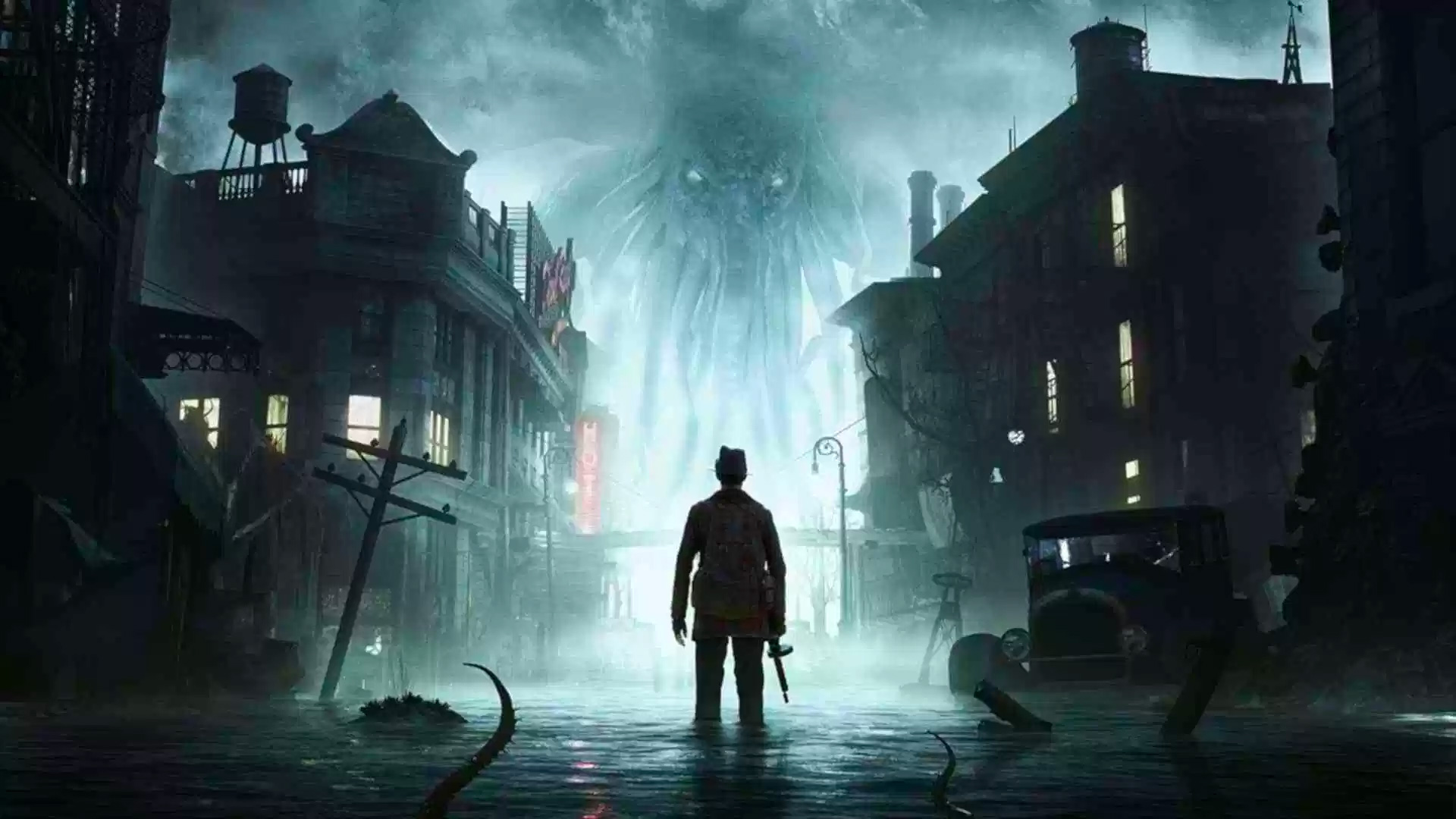
I couldn’t agree more, to be honest. Lovecraft’s world is what should endure—cosmic horror, the unknown depths of the cosmos and the sea, and the ancient Great One deities from beyond the stars who highlight the insignificance of microcosmic humans within the massive expanses of dark space. It’s horror recognized through the medium of insignificance, which is accentuated by the realization of external greater and malignant powers. By making a video game based on Lovecraft, studios should seek to put the player in the place of the protagonist—literally. Frogwares said that they “want try to thrive on creating situations that people can either relate to or imagine themselves being in, and say ‘Hey, I’ve been there too,’ or ‘I don’t know what I would do if that happened to me!'” This is exactly what a Lovecraftian video game should hold as its core tenet if it seeks to excel.
Frogwares intends to build on this, too. They “want the player to realize that sometimes we all make wrong decisions and live with the consequences. That’s our approach to The Sinking City as well.” By making the player accountable for their own decisions and allowing them to witness the consequences on the game’s environment and atmosphere, The Sinking City will allow players to actually explore a Lovecraftian world. Games like Bloodborne and Amnesia bore heavy Lovecraftian influences, too, and received unanimous critical success. The Sinking City will be less subtle, perhaps, by invoking the actual world of Lovecraft, but it will be the narrative and mechanics that make this game a worthy Lovecraftian one. Frogwares “prefer(s) to wallow around in that murky grey area where people are left wondering who ‘the lesser evil’ is in each situation, me or them?”
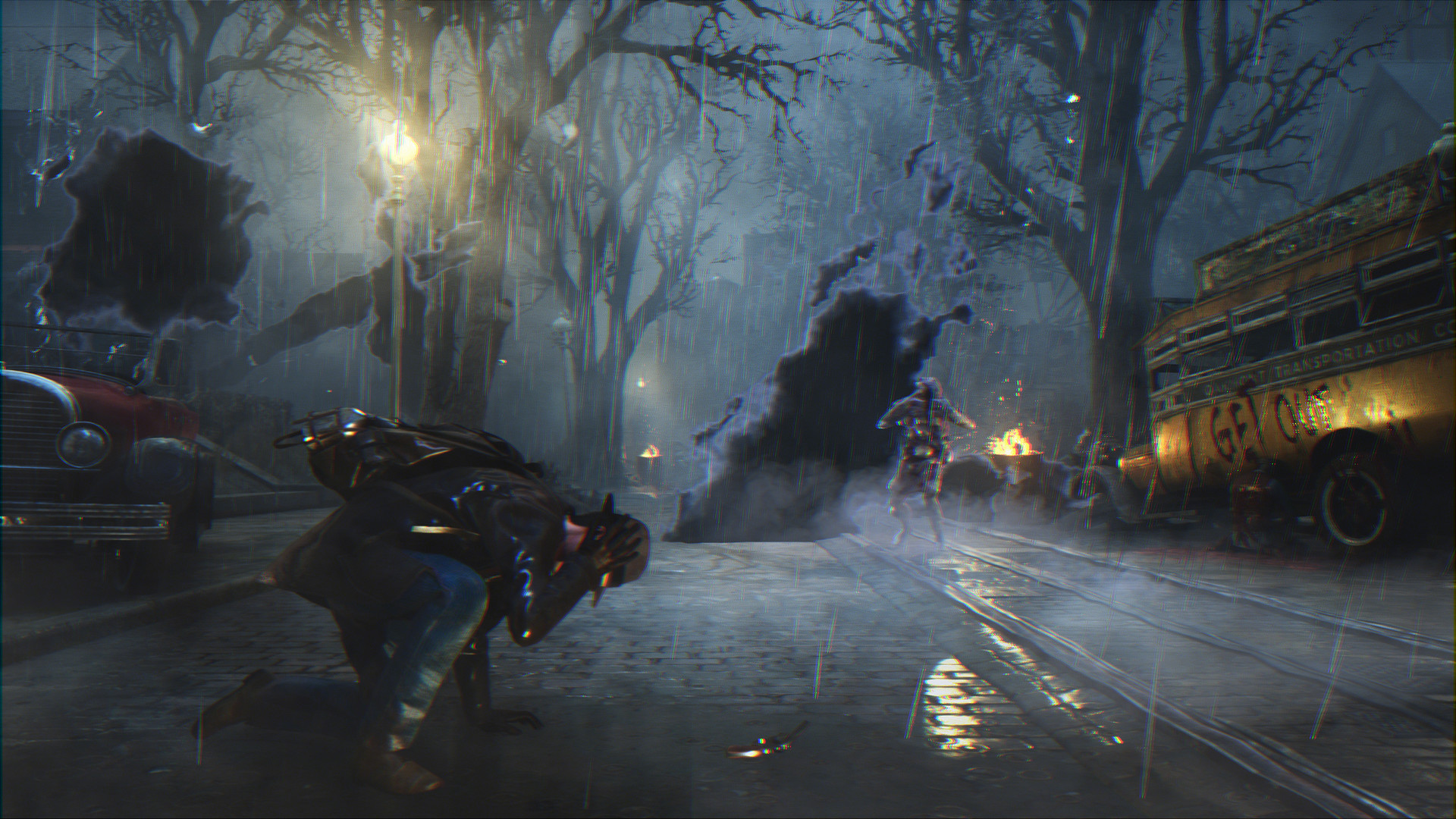
All in all, the basis for The Sinking City is strong conceptually and looks like it will yield an incredible game. However, there’s more to it, as Frogwares intends to implement some innovative and horrifying mechanics that will accentuate the horror to an ever greater extent. If you want to know more about that, you can read about it in Part 2 of this piece, which will delve more into the game itself as opposed to the development process.
